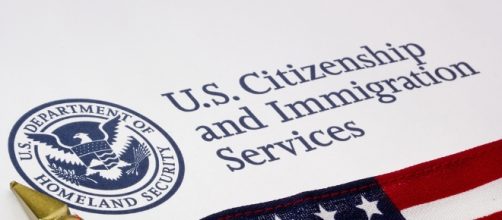Applying for a U.S. visa? Be prepared to think back 15 years. The vetting process just got tougher under the Trump administration. Worldwide applicants are asked for 15 years’ worth of biographical information along with social media handles dating back five years.
The Office of Management and Budget affecting new visa requirements received strong objections, during a public comment period, from academic and education groups. Despite objections, the questionnaire was approved May 23.
Critics say new visa questions present roadblock
The new questionnaire offers another roadblock that the government is placing in the way of possible immigrants, qualified researchers, scientists, teachers, and students who might, otherwise, seek coming to the United States.
In addition to email addresses, phone numbers, and names or social media handles used in the past five years, the new questionnaire also asks for social media platform(s) used in creating or videos, photos, and status updates as part of a public profile. The type of biographical information that consular officials are approved to potentially request include biographical information such as employment, addresses, and travel history going back 15 years.
The new questions will create long delays in processing and discourage people such as students and scientists from coming to the U.S., critics argued. The new questions are also voluntary. However, the visa application states that failing to provide the information could delay or even prevent processing an individual application.
When officials determine that information is needed for confirming identity or conducting further evaluation for national security, they will request the additional data approved under the scope of the new questionnaire, according to the State Department on Wednesday.
The increased vetting is applicable to visa applicants, according to the State Department, who warrant added scrutiny in relation to terrorism or other visa ineligibilities affecting national security.
President Trump assured increasing national security, along with border protections. He proposes giving the military more money while having Mexico build a southern U.S. border wall. The President also attempted to institute a temporary ban on travel for people from some Muslim countries, which are Muslim-majority.
Calling it discriminatory, a United States appellate court refused to reinstate the ban, which is primed for argument in the Supreme Court.
Visa application questions with catch people making 'innocent mistakes'
The new visa application questions received emergency approval for six months instead of the customary three years. Expecting that people apply will remember all 15 years’ worth of social media handles is apt to ensnare some applicants who make “innocent mistakes” or may not recall all the data requested, according to immigration attorneys.
San Francisco-based lawyer Babak Yousefzadeh, who is also president of the Iranian American Bar Association, said consular officials are granted arbitrary power with the new questions and determining who will get a visa – and without a check on the officials’ decisions.
He also said the United States has one of the most rigorous application processes in the world for obtaining a visa. The necessity to further tighten the visa process is not really known or clear, according to Yousefzadeh.


